
We can help you find your next luthier instrument!

We can help you find your next luthier instrument!
Please note that all instruments presented in this article, are instruments available for sale, contact the Luthier for more info
We can help you find your next luthier instrument!
When it comes to purchasing a musical instrument, many musicians turn to luthiers to create custom-made instruments that match their specific needs and preferences. These instruments, crafted by skilled artisans, offer superior sound quality and customization options. However, finding the right luthier and the right instrument can be a daunting task. This is where Luthiers.com comes in. As a reference website for luthiery, Luthiers.com offers a convenient solution for musicians who can’t travel to try out instruments in person. In this article, we will explore the world of luthiery and how Luthiers.com can help you find your next luthier-made instrument. From understanding the differences between luthier instruments and mass-produced ones, to learning about the process of commissioning a custom-made instrument and the importance of maintenance and care, this article will provide valuable information for musicians looking to invest in a handcrafted luthier instrument.
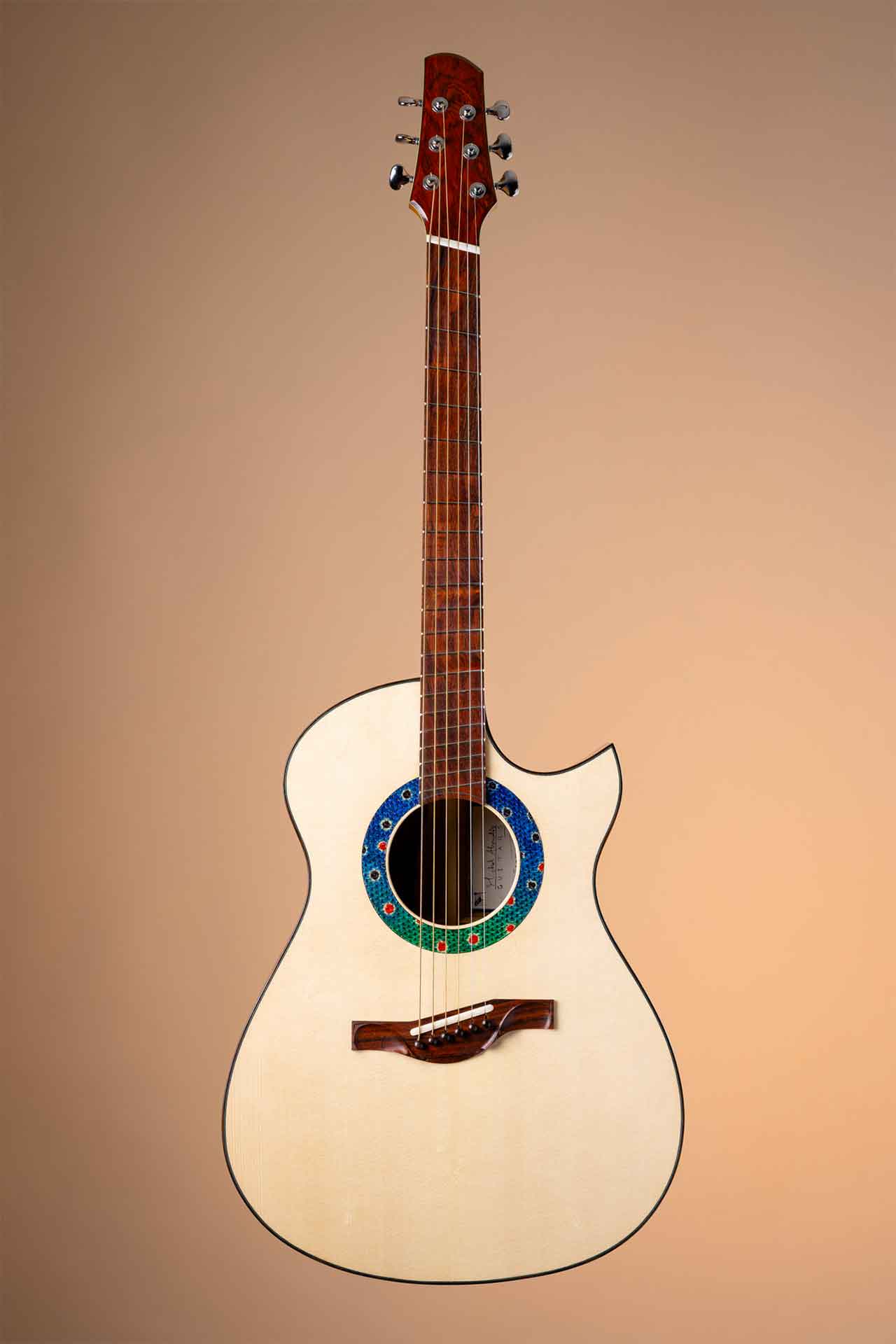
Why choosing a luthier-made instrument is worth the investment
When it comes to purchasing a musical instrument, many individuals may be tempted to opt for a mass-produced option, due to the lower cost and wider availability. However, investing in a luthier-made instrument can provide a multitude of benefits that make it worth the extra cost.
Firstly, luthier-made instruments are crafted by skilled artisans who have dedicated their lives to perfecting their craft. Each instrument is carefully handcrafted and constructed with the utmost attention to detail, resulting in a unique and superior product. The materials used are also of a higher quality, ensuring that the instrument will last for many years to come.
Additionally, luthier-made instruments are often customizable, allowing the musician to have a say in the specific features and characteristics of the instrument. This can result in a better fit for the musician’s individual playing style and preferences.
Furthermore, investing in a luthier-made instrument can also have a positive impact on the music community. Many luthiers are small, independent businesses, and purchasing from them directly supports their livelihood and allows them to continue their craft.
In summary, choosing a luthier-made instrument may come with a higher price tag, but the benefits, such as superior craftsmanship, customization options, and support for independent artisans, make it worth the investment. Not only will you be proud of owning a unique instrument, but you will also be investing in your passion for music.
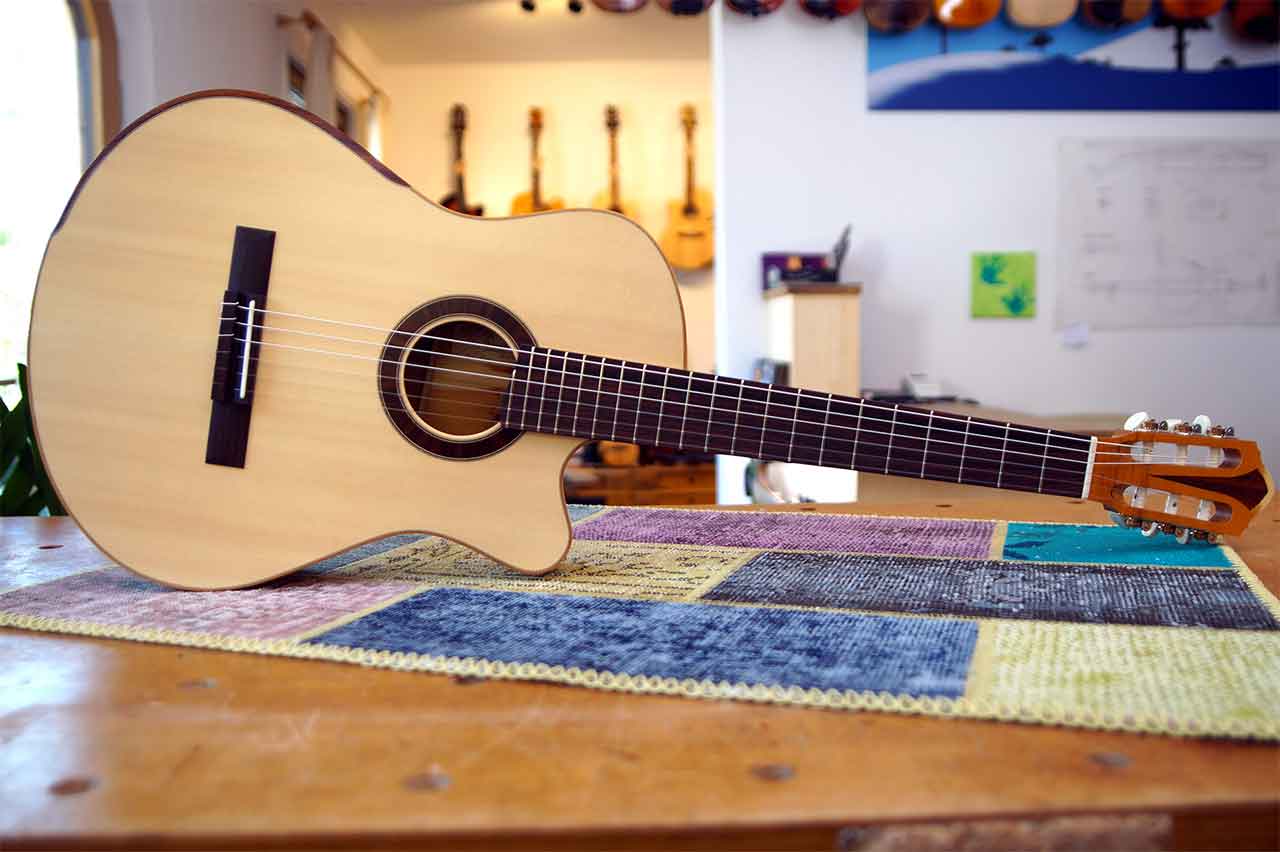
The benefits of owning a handcrafted luthier instrument
When it comes to purchasing a musical instrument, many musicians consider the option of investing in a handcrafted luthier instrument. These instruments are crafted by skilled artisans who have dedicated their lives to perfecting their craft. Each instrument is carefully handcrafted and constructed with the utmost attention to detail, resulting in a unique and superior product.
One of the main benefits of owning a handcrafted luthier instrument is the superior sound quality. Luthiers take the time to select the finest woods and materials, which results in an instrument that produces a rich and full sound. The attention to detail and craftsmanship also ensures that the instrument is well-balanced and easy to play.
Another benefit of owning a handcrafted luthier instrument is the level of customization available. Luthiers often work closely with their clients to create an instrument that meets their specific needs and preferences. This can include customizing the size, shape, and even the sound of the instrument.
Moreover, owning a handcrafted luthier instrument can also be seen as an investment. These instruments are often made to last and can hold their value well over time. They can even increase in value as they age, making them a worthwhile investment for a musician.
In addition, owning a handcrafted luthier instrument also supports the livelihood of independent artisans who are working hard to keep the craft of luthiery alive.
In conclusion, owning a handcrafted luthier instrument comes with many benefits such as superior sound quality, customization options and support for the independent artisans. These instruments are not only a joy to play, but also an investment for the musician.
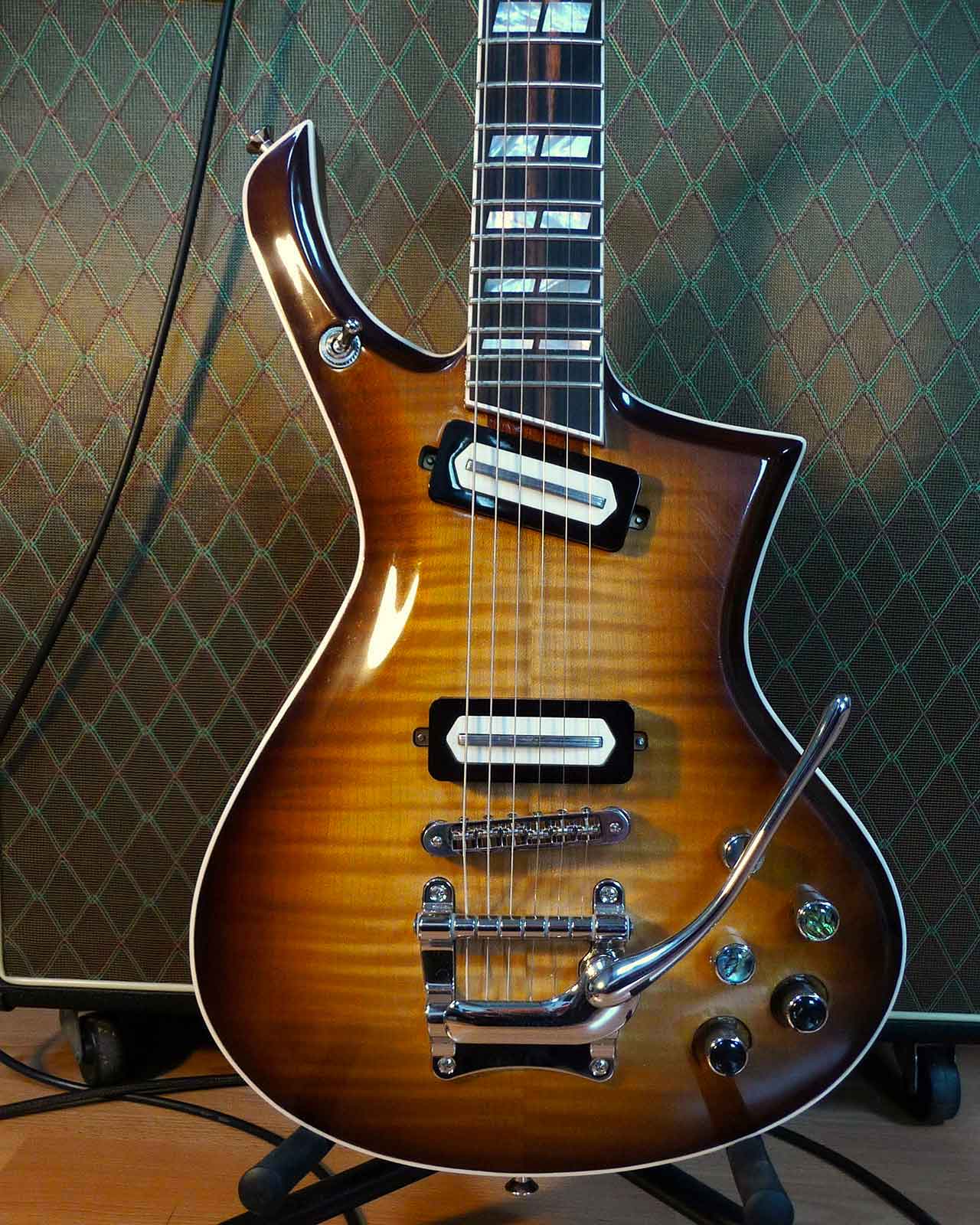
Discovering the history and craftsmanship behind luthier instruments
Luthiery, the art of creating stringed instruments, has a rich history dating back centuries. From the creation of the earliest lutes in ancient Egypt to the modern-day custom-made guitars, the craft of the luthier has evolved and adapted to the changing needs of musicians.
One of the most fascinating aspects of luthiery is the level of craftsmanship and attention to detail that goes into each instrument. Luthiers are skilled artisans who use a combination of traditional techniques and modern technology to create instruments of the highest quality. This includes selecting the finest woods and materials, shaping and carving the instrument’s body, and installing the strings and hardware. Each step of the process is done with precision and care to ensure the final product is of the highest quality.
Another aspect of luthiery that is often overlooked is the history behind the instruments. Many luthiers take inspiration from historical instruments and incorporate traditional design elements into their work. For example, a luthier may use the same woods and construction techniques used on a 17th century viola to create a modern-day replica.
In addition, Luthiers are also preserving the traditional craft by passing on the skills to the next generation and keeping the craft alive. Many luthiers have apprentices and students that they teach their skills to, ensuring that the craft will continue to be passed down for many generations to come.
In conclusion, the craft of luthiery is an art that combines history, tradition, and modern technology. The attention to detail and craftsmanship that goes into each instrument, along with the preservation of traditional techniques, make luthier-made instruments truly special and unique. Each luthier-made instrument is not only a musical instrument, but also a piece of art that tells a story of the history of craftsmanship and passion for music.
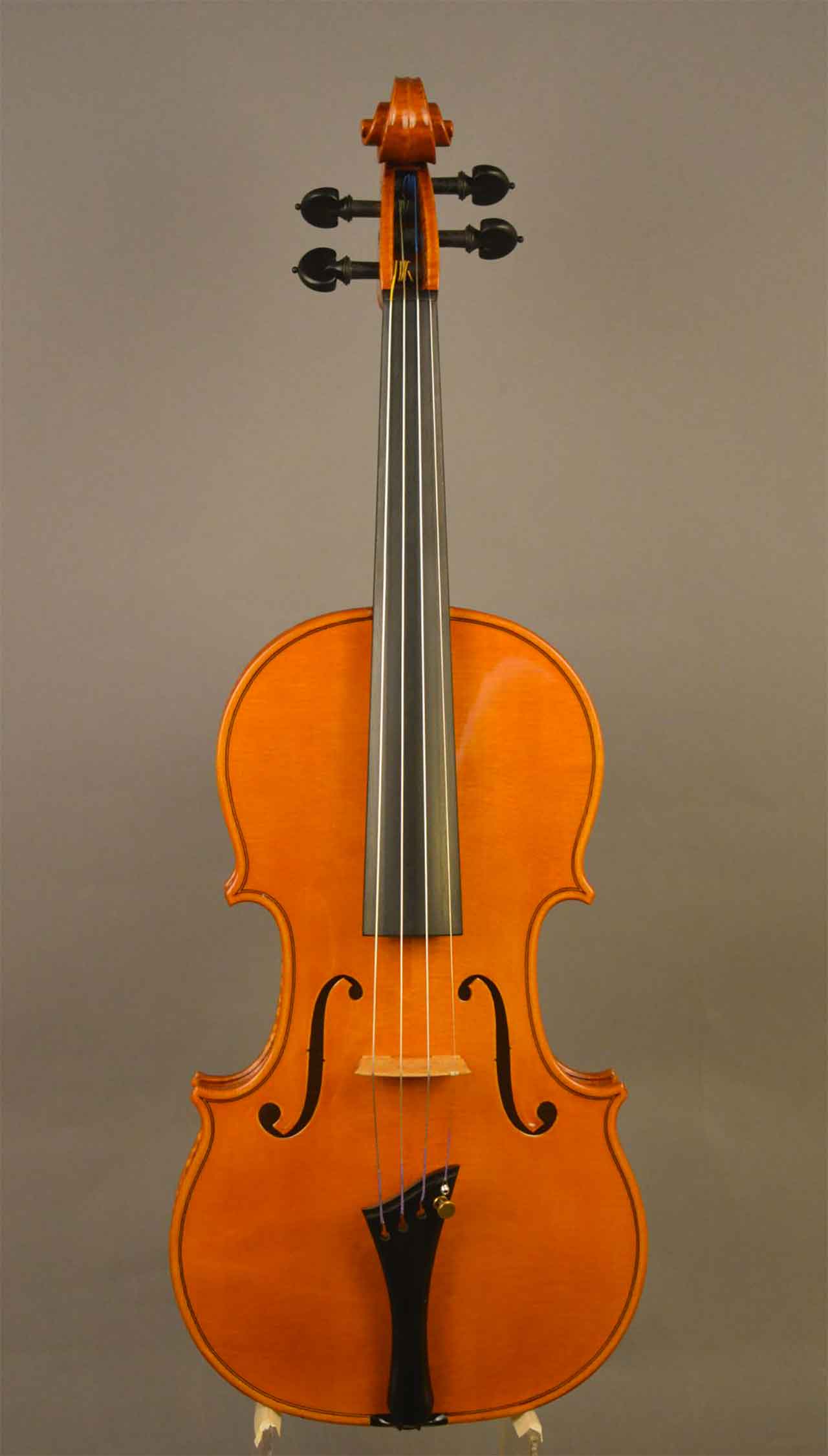
Luthier instruments vs. mass-produced: What’s the difference?
When it comes to purchasing a musical instrument, many individuals have to choose between a luthier-made instrument and a mass-produced one. While both options can provide a functional instrument for making music, there are significant differences in terms of craftsmanship, materials, and overall quality.
One of the main differences between luthier instruments and mass-produced ones is the level of craftsmanship. Luthier-made instruments are crafted by skilled artisans who have dedicated their lives to perfecting their craft. Each instrument is carefully handcrafted and constructed with the utmost attention to detail, resulting in a unique and superior product. On the other hand, mass-produced instruments are often created using automated processes and less expensive materials, resulting in a less personalized and lower quality product.
Another difference is the materials used. Luthiers take the time to select the finest woods and materials, which results in an instrument that produces a rich and full sound. Mass-produced instruments, on the other hand, often use cheaper materials that do not provide the same sound quality.
Furthermore, luthier-made instruments are often customizable, allowing the musician to have a say in the specific features and characteristics of the instrument. This can result in a better fit for the musician’s individual playing style and preferences. Mass-produced instruments, however, are not customizable and come in a limited range of options.
In summary, while both luthier instruments and mass-produced ones can provide a functional instrument for making music, the craftsmanship, materials, and overall quality of a luthier-made instrument make it a superior option. The customization options and the support for independent artisans also make it a more valuable investment for a musician.
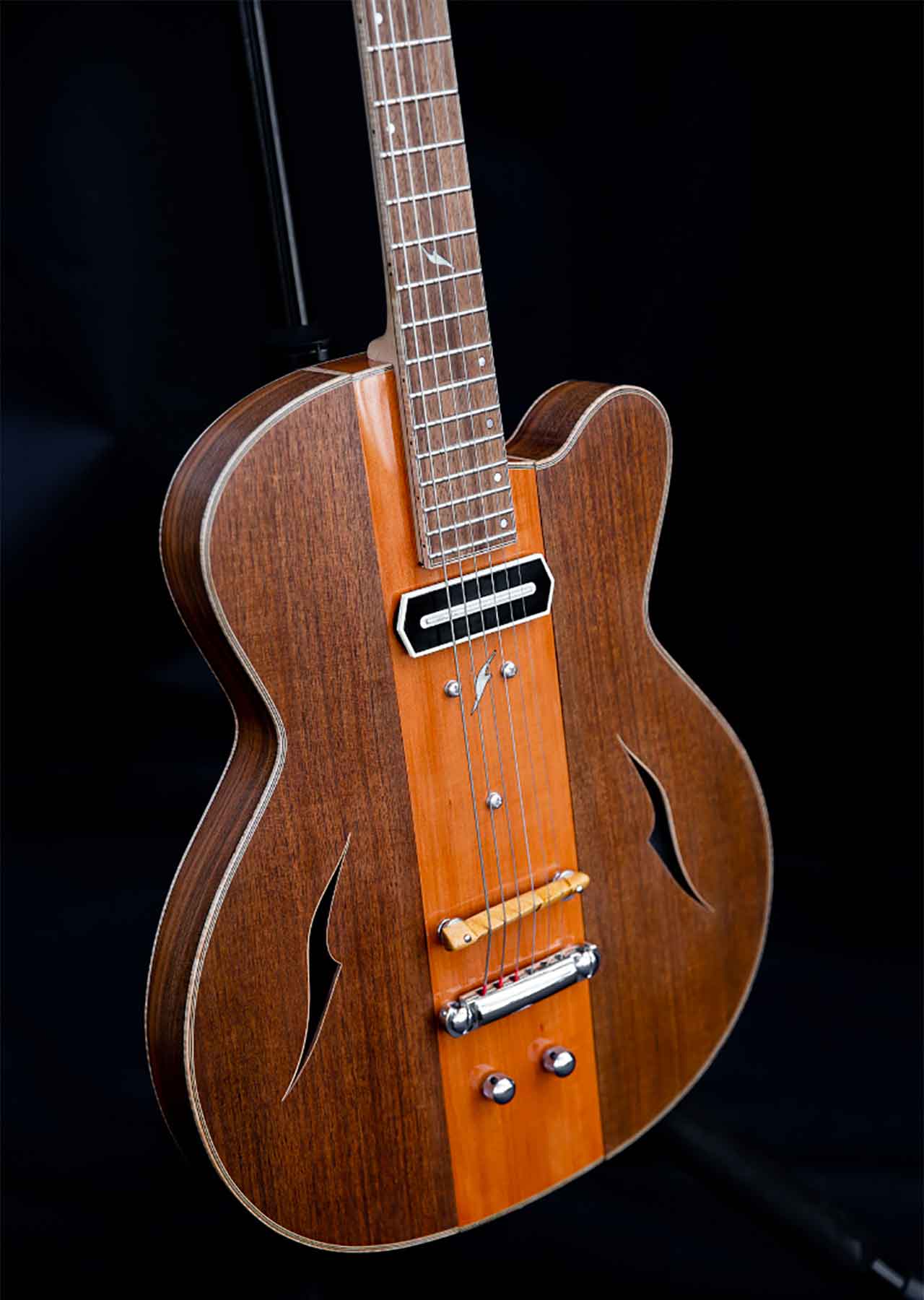
How to select the perfect luthier instrument for your needs
When it comes to purchasing a luthier-made instrument, the process can seem daunting with the amount of options available. However, by considering a few key factors, you can ensure that you select the perfect instrument for your needs.
Firstly, it is essential to consider the type of music you will be playing. Different instruments are better suited for different genres of music. For example, a classical guitar is better suited for classical music, while an electric guitar is better suited for rock or blues.
Secondly, consider the level of customization available. Luthiers often work closely with their clients to create an instrument that meets their specific needs and preferences. This can include customizing the size, shape, and even the sound of the instrument. It is important to communicate your needs and preferences to the luthier to ensure the instrument you receive is perfect for you.
Thirdly, the materials and woods used in the instrument are also important. Different woods will produce different sounds and have a different feel. It is important to familiarize yourself with the different materials used and decide which one is the best fit for your playing style.
Lastly, it is important to play the instrument before purchasing it. Luthiers often allow potential buyers to play their instruments. It is essential to take advantage of this opportunity to ensure that the instrument feels and sounds good to you.
In conclusion, selecting the perfect luthier instrument for your needs involves considering the type of music you will be playing, the level of customization available, the materials and woods used, and the feeling and sound of the instrument. By considering these factors and communicating with the luthier, you can ensure that you select an instrument that is perfect for you.
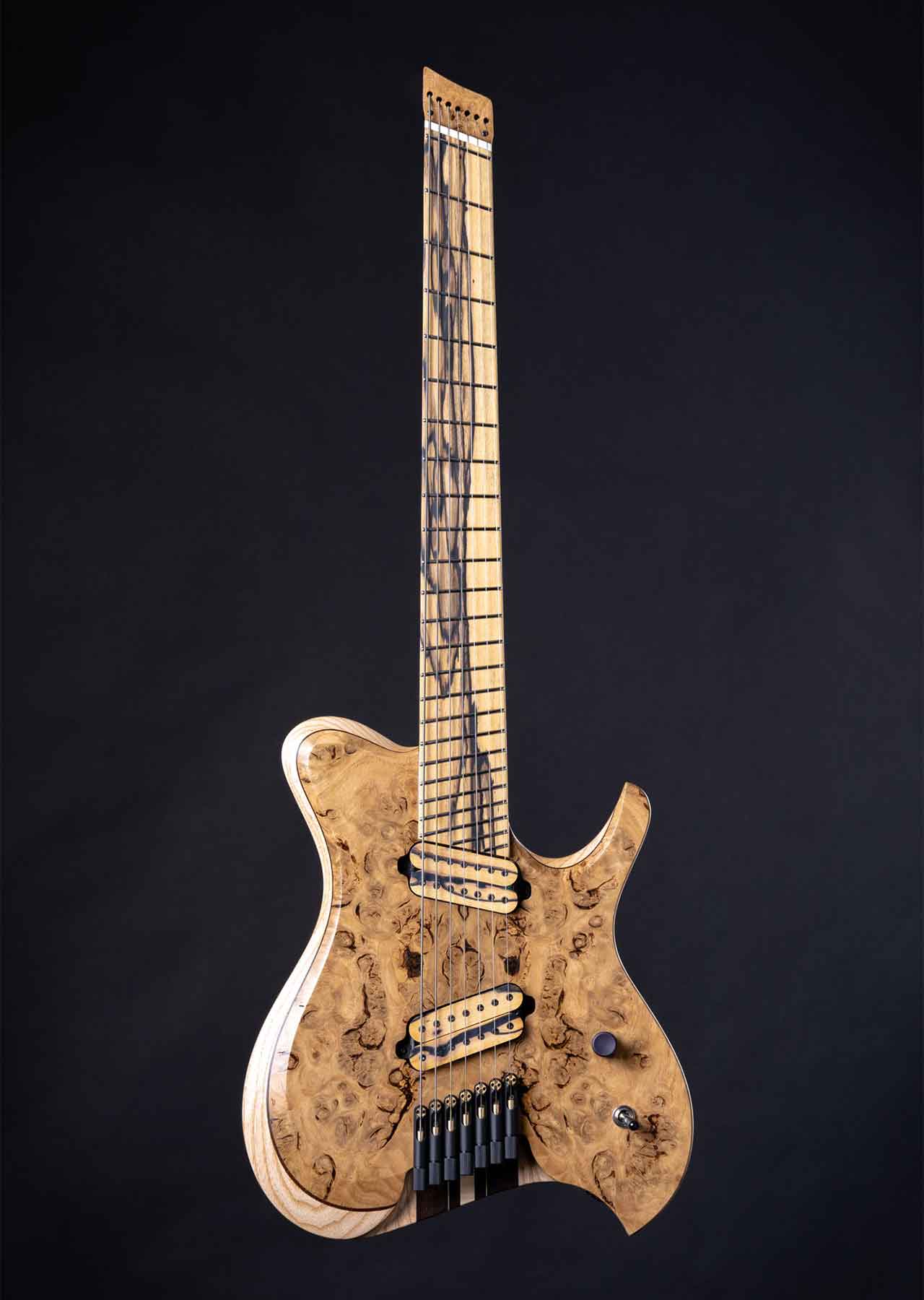
The role of a luthier in the music industry
Luthiers, or instrument makers, play a crucial role in the music industry. They are responsible for creating and maintaining the instruments that musicians use to make music. Without the work of luthiers, the music industry would not have the diverse range of instruments and the high-quality equipment that we enjoy today.
One of the primary roles of a luthier is to design and create new instruments. Luthiers use a variety of materials, including wood, metal, and other materials, to create instruments that are both beautiful and functional. They also often work with musicians to create custom instruments that meet their specific needs and preferences.
Luthiers also play a crucial role in maintaining and repairing existing instruments. They are responsible for ensuring that instruments are in good working order, and they often make repairs and adjustments to improve the instrument’s sound and playability. This is an important service for musicians, as a well-maintained instrument is essential for producing high-quality music.
In addition to creating and maintaining instruments, luthiers also play a role in preserving traditional craftsmanship and techniques. Many luthiers are dedicated to keeping traditional techniques alive and passing them on to the next generation. This is important for preserving the rich history of instrument-making and ensuring that the craft will continue for future generations.
In conclusion, luthiers play a vital role in the music industry. They are responsible for creating and maintaining the instruments that musicians use, preserving traditional craftsmanship and techniques, and supporting the livelihood of independent artisans. The work of luthiers is essential for ensuring that the music industry has access to high-quality instruments and the rich diversity of instruments that we enjoy today.
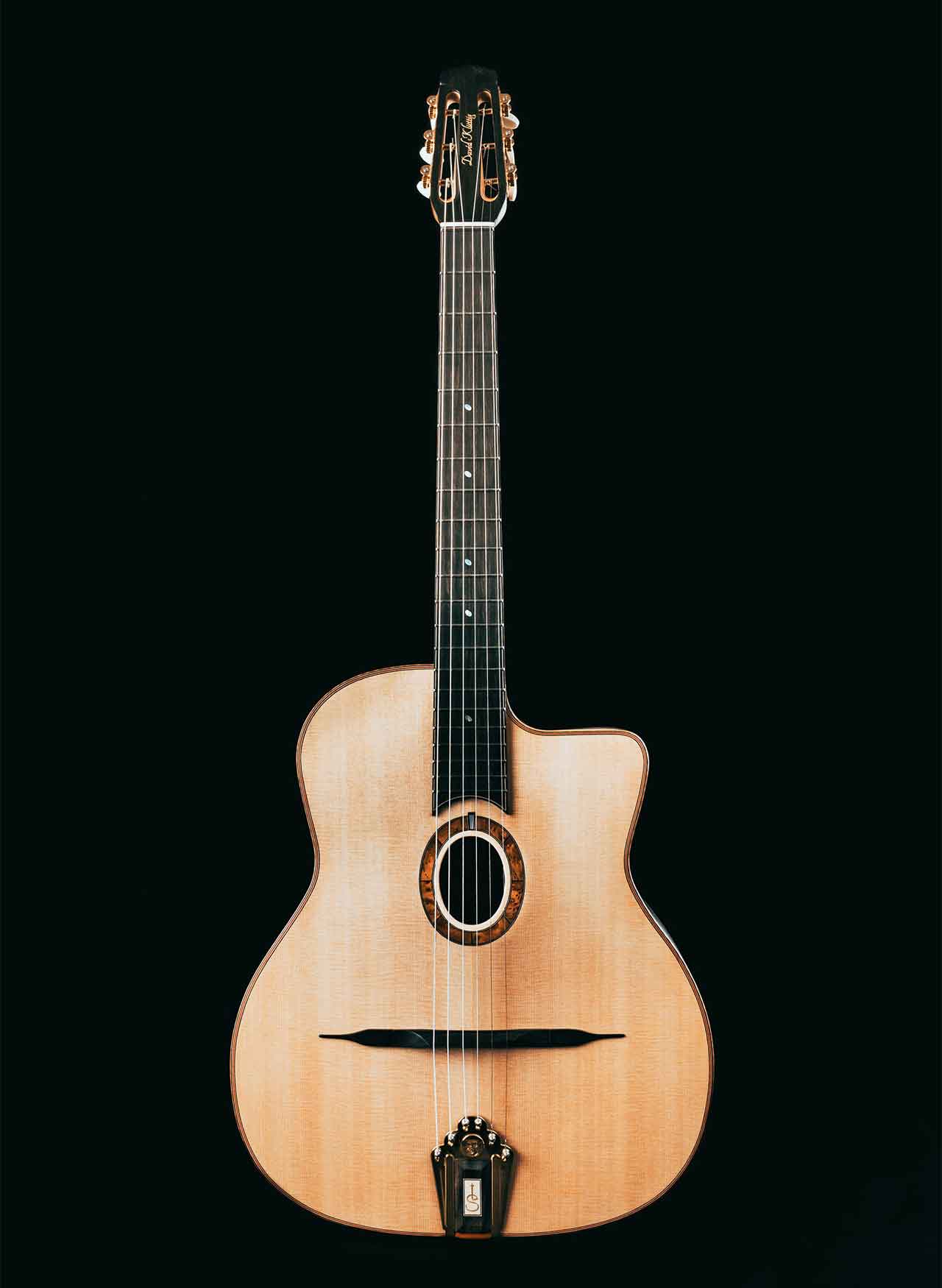
The process of commissioning a custom-made luthier instrument
Commissioning a custom-made luthier instrument can be a rewarding experience for musicians looking for a unique and personalized instrument. The process involves working closely with a luthier to create an instrument that meets your specific needs and preferences.
The first step in the process is to research and find a reputable luthier who has experience in creating the type of instrument you are looking for. It’s also important to check their portfolio and read reviews from previous clients.
Once you have found a suitable luthier, you will need to discuss your specific needs and preferences with them. This can include things like the type of wood you prefer, the size and shape of the instrument, and any specific features you would like. The luthier will take these factors into consideration when designing the instrument.
After the design has been finalized, the luthier will begin the process of crafting the instrument. This can take several months, depending on the complexity of the instrument. During this time, the luthier will keep you updated on the progress of the instrument and may even invite you to see the instrument as it’s being crafted.
Once the instrument is complete, the luthier will conduct a final inspection and make any necessary adjustments to ensure that the instrument is in perfect working order. The luthier will also provide you with information on how to properly care for and maintain the instrument.
In conclusion, commissioning a custom-made luthier instrument is a process that involves research, communication, and patience. It’s a rewarding experience that results in a unique and personalized instrument that is tailored to your specific needs and preferences. It’s also an opportunity to support independent artisans and preserve the craft of luthiery.
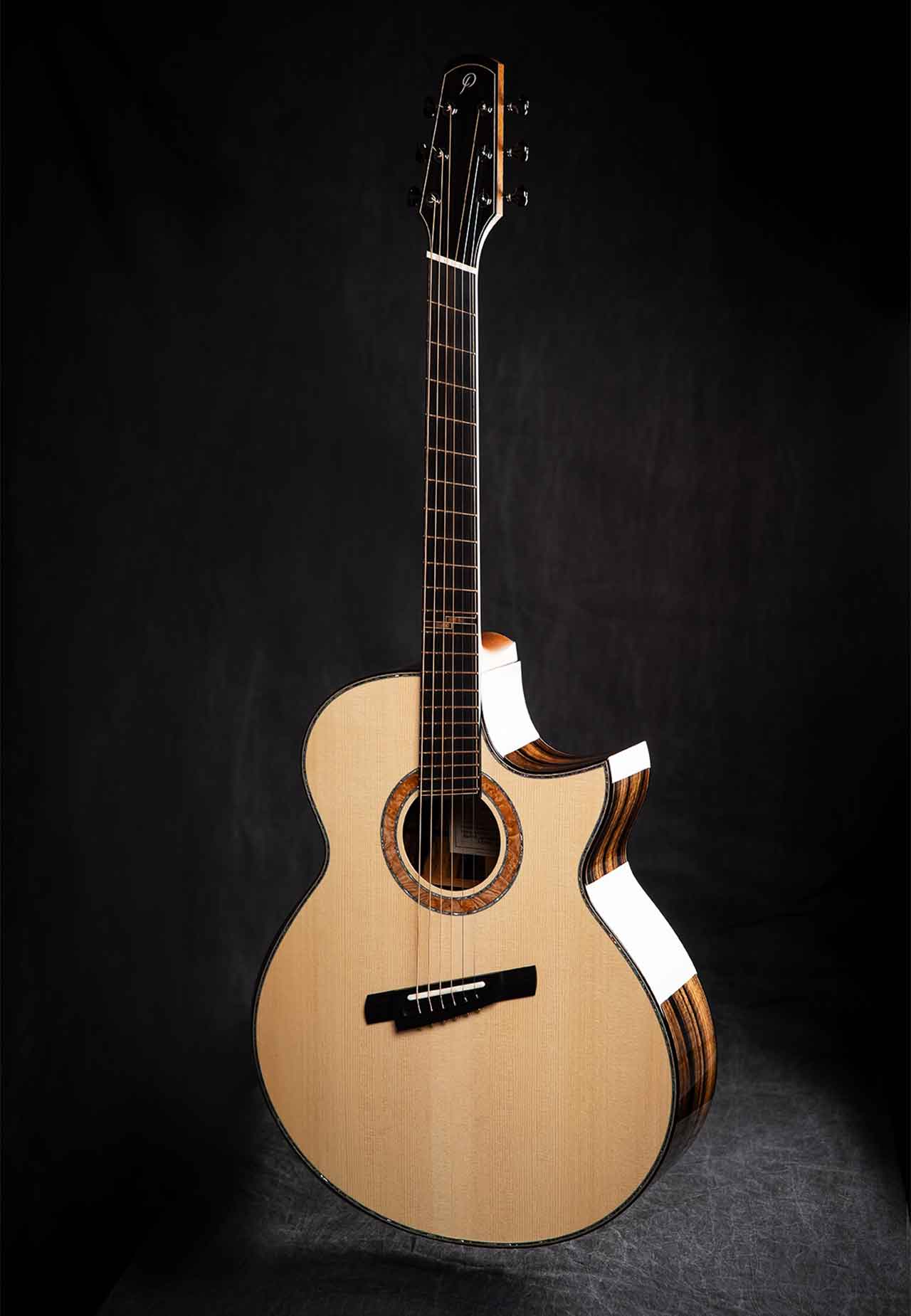
The maintenance and care of your luthier instrument
A luthier-made instrument is a significant investment, and proper maintenance and care are essential to ensure that the instrument lasts for many years to come. The following are some tips for maintaining and caring for your luthier instrument.
Firstly, it is essential to keep the instrument in a stable and controlled environment. This means avoiding extreme temperatures, humidity, and direct sunlight. This will help to prevent warping, cracking, and other damage to the instrument.
Secondly, it is essential to clean the instrument regularly. This means wiping down the body, neck, and strings with a soft cloth. It’s also important to clean the fingerboard, frets, and other parts of the instrument with the appropriate cleaning solutions.
Thirdly, it is important to check the instrument’s setup and make any necessary adjustments. This includes checking the action, intonation, and tuning of the instrument. It’s also important to check the instrument’s bridge, nut, and other parts for wear and tear and make any necessary repairs or adjustments.
Lastly, it is essential to have the instrument serviced regularly. This means having the instrument professionally inspected and serviced by a luthier. This will ensure that any potential issues are caught and addressed before they become major problems.
In conclusion, maintaining and caring for a luthier-made instrument requires regular cleaning, checking the setup, and having the instrument serviced by a professional. It’s important to take the time to take care of your luthier instrument, to ensure it lasts for many years and continues to provide the best sound quality. Not only will you be preserving your investment but also, you will be preserving the craftsmanship and the passion behind the luthier’s work.
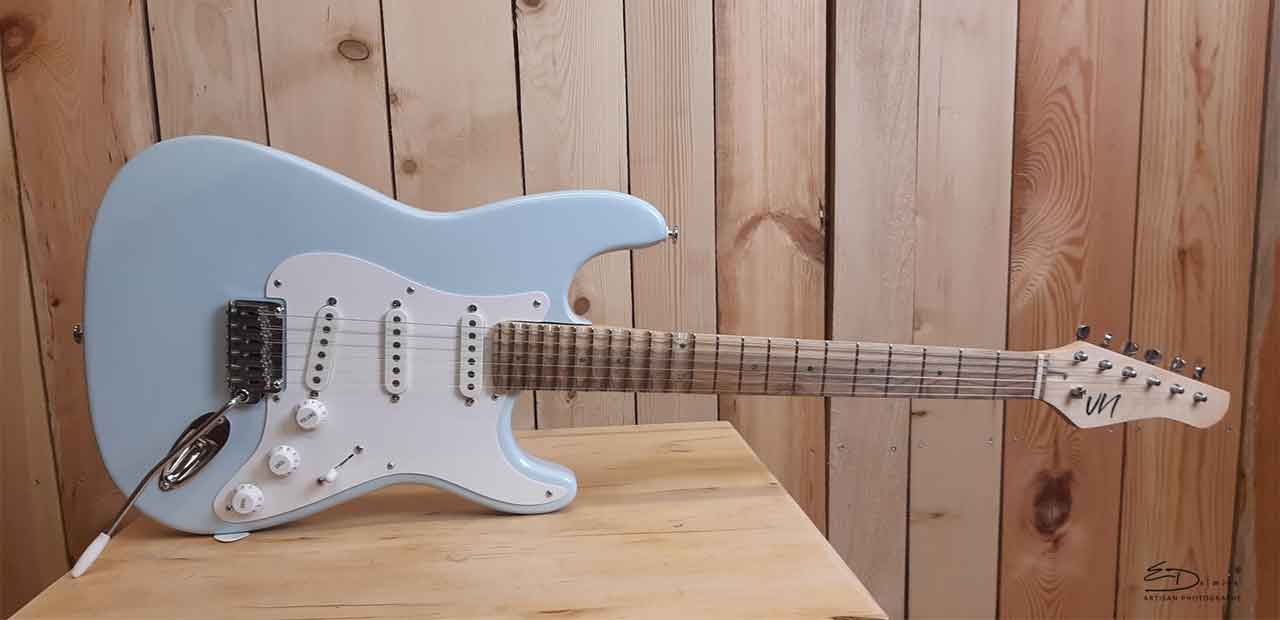
Famous musicians and their luthier-made instruments
Many famous musicians have turned to luthiers to create custom-made instruments that match their specific needs and preferences. These musicians rely on the craftsmanship and attention to detail provided by luthiers to produce the best sound quality.
One of the most famous examples is Eric Clapton and the guitar made by luthier, Andy Manson. Clapton has been playing Manson’s guitar for over 20 years and it has become an integral part of his sound. Another example is the guitar made by luthier, James Goodall, for musician, George Harrison. Goodall created a custom-made jumbo guitar for Harrison, which he used during his time with the Beatles and in his solo career.
Another example is the famous bluegrass musician, Ricky Skaggs, and the mandolin made by luthier, David Grisman. Skaggs has been using this mandolin for over 30 years, and it has become an integral part of his sound.
In addition to guitar and mandolin, there are many famous musicians who use luthier-made instruments such as violins, cellos, and double basses. For example, Yo-Yo Ma, a famous cellist, uses a cello made by luthier, David Burgess.
Famous guitar players like Tommy Emmanuel, Keith Richards, and Joe Bonamassa also use custom-made guitars made by luthiers like Tony Parsons and Peter Wilkie. Similarly, famous mandolin players like Sam Bush and Chris Thile use mandolins made by luthiers like Steve Kaufman and Bob Givens.
Famous musicians like Jack White, Prince, and John Mayer also use custom-made instruments made by luthiers like Rick Toone, Dave Rusan, and Roger Giffin.
In conclusion, many famous musicians rely on luthiers to create custom-made instruments that match their specific needs and preferences. These instruments, such as guitars, mandolins, violins, cellos, and double basses, have become an integral part of the musicians’ sound and performance. The craftsmanship and attention to detail provided by luthiers are essential to produce the best sound quality and to support the livelihood of independent artisans. The examples mentioned above are just a few of the many musicians who rely on luthiers to create unique and personalized instruments that help them to achieve their musical goals and express their art.
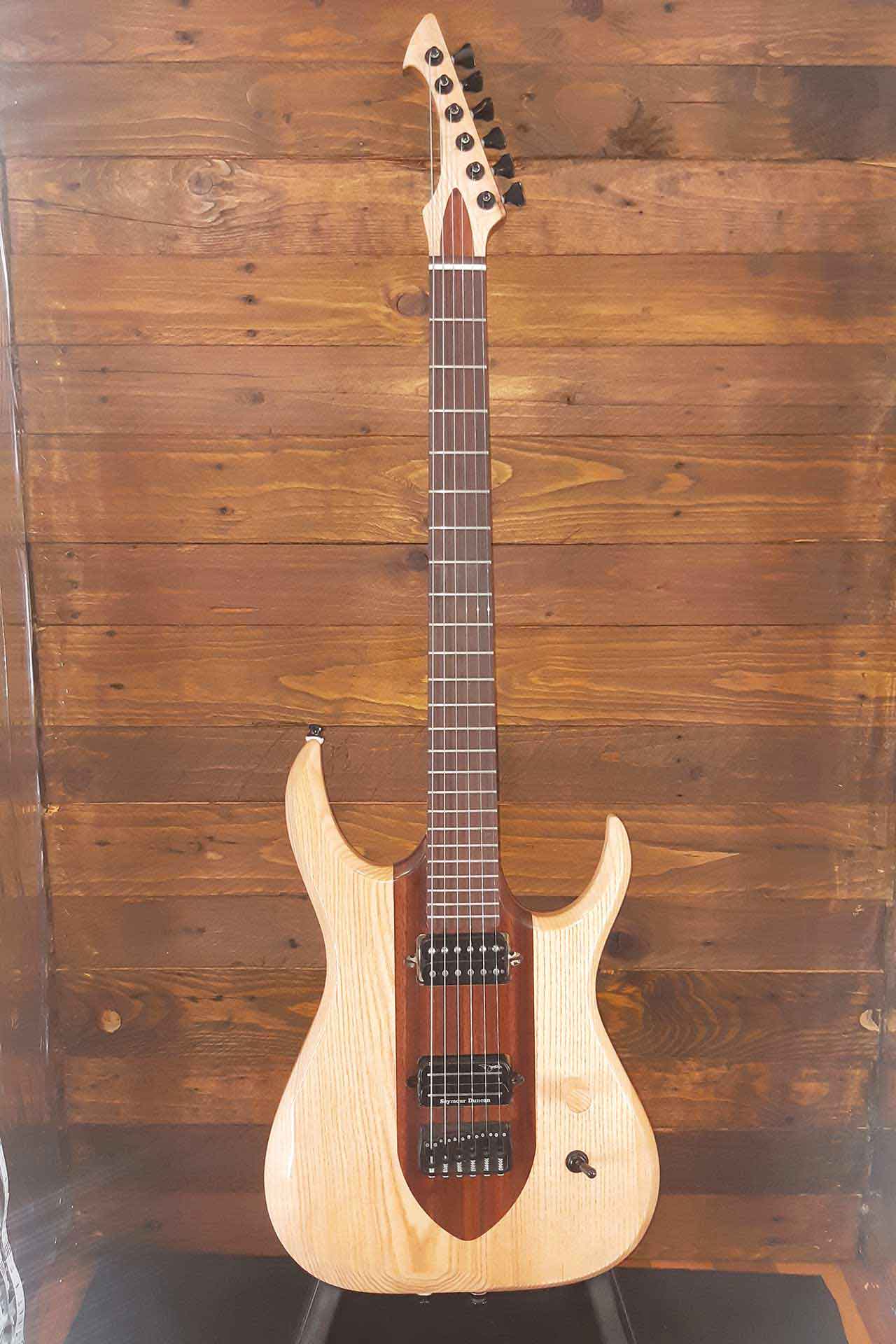
The future of luthiery and advancements in instrument-making technology
The craft of luthiery has a rich history dating back centuries and has evolved and adapted to the changing needs of musicians. As technology advances, it is likely that luthiers will continue to find new ways to improve and innovate their craft.
One area where technology is already having an impact is in the use of computer-aided design (CAD) and computer-aided manufacturing (CAM) in the instrument-making process. These tools allow luthiers to create precise designs and make accurate cuts and measurements, resulting in more consistent and high-quality instruments.
Another area where technology is likely to have an impact is in the use of alternative materials. Luthiers are always looking for new materials that can produce a better sound or are more sustainable. The use of alternative materials such as carbon fiber, resin, and new types of wood may become more prevalent in the future.
3D printing technology could also potentially have an impact on luthiery. With the help of 3D printing, luthiers could create new designs, and make it easier to replicate and reproduce parts for their instruments.
In addition, new developments in digital tools and software could also change the way musicians interact with their instruments. Virtual and augmented reality could be used to customize and test instruments, or even to create a virtual instrument that can be played without the need for a physical one.
In conclusion, the craft of luthiery is likely to continue to evolve and adapt to new technologies. As technology advances, luthiers will have access to new tools and materials that will allow them to create higher-quality instruments, and new ways for musicians to interact with their instruments. The future of luthiery is exciting and holds many possibilities for the preservation
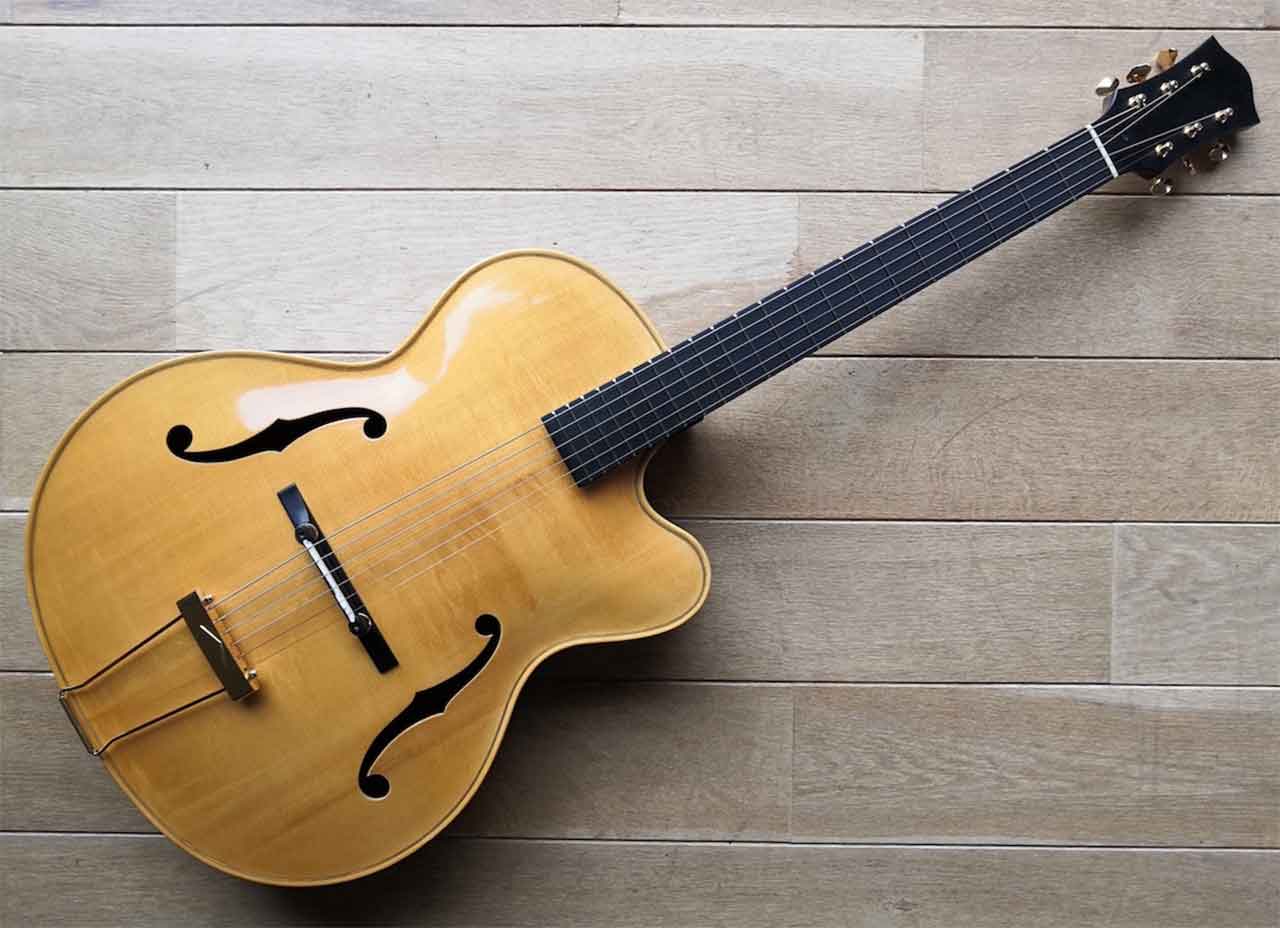
We can help you find your next luthier instrument!
In conclusion, investing in a handcrafted luthier instrument is a rewarding experience for musicians. These instruments are crafted by skilled artisans who have dedicated their lives to perfecting their craft. They offer superior sound quality, customization options, and support for independent artisans. However, the process of finding the right luthier and the right instrument can be daunting. That’s why Luthiers.com is a reference website for luthiery. All the luthiers present in this website are qualified and trustworthy craftsmen that musicians can contact via the website’s private messaging system to begin a relationship with them and find help for their next luthier-made instrument. Luthiers.com offers a great solution for musicians who can’t travel to try out instruments in person. With Luthiers.com, finding your next luthier-made instrument is just a click away.
We can help you find your next luthier instrument!
In the coming weeks, as for others luthiers for plucked string instruments, luthiers for bowed string instruments, luthiers for other instruments, amps & effects makers, wood & supplies dealers, lutherie events, jobs, schools & teachers subscribers on our site, you will be able to follow our series of mini-interviews dedicated to the fascinating world of luthiers.
See you soon…
#luthiers
Subscribe to the newsletter!
Subscribe to our newsletter to follow all our news and those of our luthiers.
If you are passionate about the world of luthiers, join us!